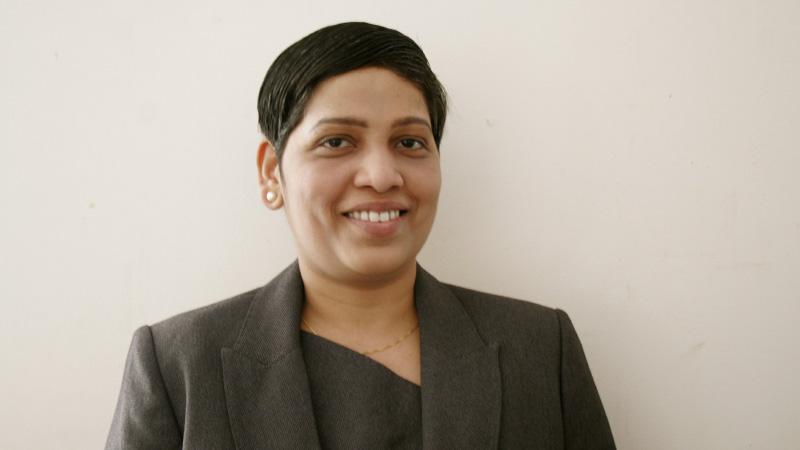Dr Kalpana Surendranath, Senior Lecturer in Molecular Biology and Microbiology and Leader of the Genome Engineering Lab at the University of Westminster, wrote an article for The Conversation about the winners of the Nobel Prize in Chemistry and their development of a precise method of editing genomes.

Talking about the winners, she said: “Emmanuelle Charpentier, director at the Max Planck Institute for Infection Biology in Germany, and Jennifer Doudna, professor of biochemistry at the University of California, Berkeley, US, are the joint winners of the Nobel prize in chemistry 2020 for the development of a precise method of editing genomes.
“This is the first time two female scientists have won the prize, which amounts to ten million Swedish kronor (£861,200) and will be shared equally between the laureates.”
Dr Surendranath discussed the development, later adding: “The CRISPR/Cas9 genetic scissors developed by the Nobel laureates is a type of molecular tool that can edit DNA by cutting and pasting sections of it. It allows scientists to precisely change any chosen letters in an organism’s DNA code. The seven-year-old technology has already revolutionised several areas of biotechnology and biomedical sciences – a rare occurrence in this scientific field.”
Read the full article on The Conversation’s website.


